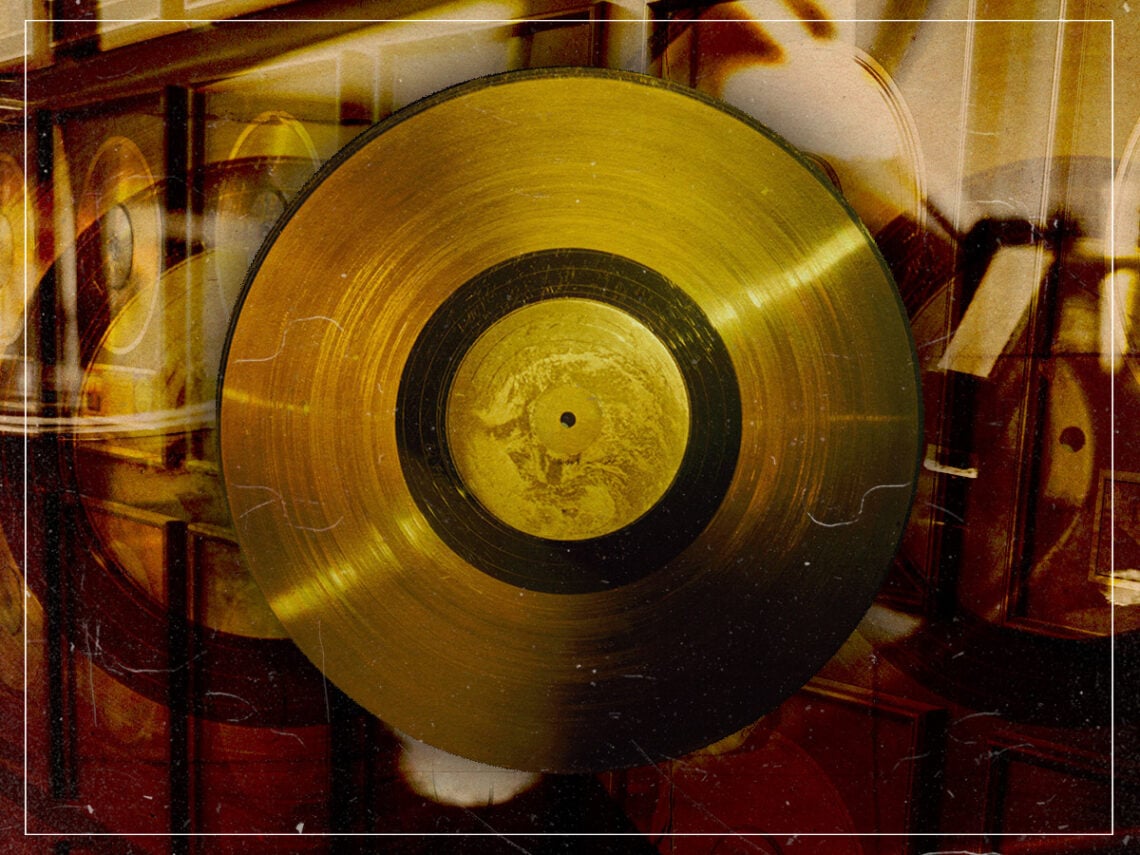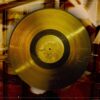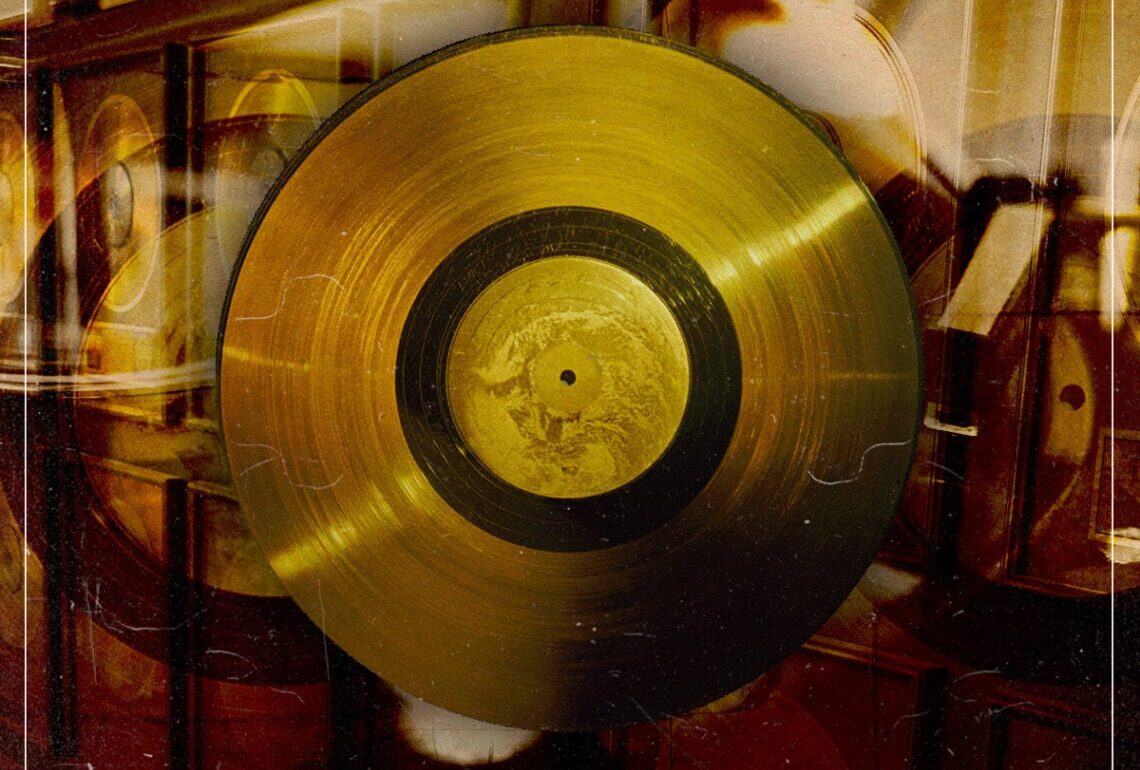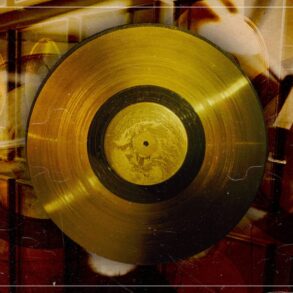
(Credits: Far Out / NASA / Uwe Conrad)
Psychedelia’s demolishing of rock’s sonic and creative parameters into infinitely headier realms that inhabited a distant planet from the 1960s’ earlier beat music was supposed to be carried over into the next decade by the scene’s prog successors. Burnished in the album era’s expanded scope for conceptual reach and thematic cohesion, bands of the day were free to indulge in far-flung instrumentation and radical ideas without the burden of flogging the previously all-important 45″ single.
Yet UK music took a different turn. Psych’s acid-soaked trajectory authentically found its way to West Germany’s campuses and communes, colouring the so-called Krautrock movement, among kosmiche disrupters such as Can, Neu!, Faust, and an early Kraftwerk who were pushing the counterculture to headier and exotic places. Jamaica too absorbed the era’s lysergia, adding some ganja to the aural flavours in the King Tubby and Black Ark Kingston studios, conjuring mind-expanding dub experiments.
In the UK charts, psych gave way to prog, a community of bands and artists following the previous decade’s experimentalism but veering in a direction that was less hippy idyll and more theatrical bombast. It’s difficult to cover prog’s ignoble end without retreading well-worn clichés of punk’s bloody coup waiting around the corner. But it can’t be overstated how bloated and loftily removed from everything originally exciting about rock prog the genre had become.
While there have been tentative rehabilitative critical measures in recent years, the likes of Yes and Emerson, Lake & Palmer are still dogged as popular music’s punchlines all these years later.
Prog sold well ultimately. Despite misgivings about the genre tag, Jethro Tull sold over 60 million albums worldwide and enjoyed 1972’s Thick as a Brick shooting to the very top of the Billboard 200. Yes boasts 30m, Genesis a staggering 150m, if including their Phil Collins-fronted era. But most impressive is Canadian power trio Rush, who hit the ground running during punk’s zenith and still garnered a cool 40m, despite such odds against the trends around them. Reining in their progressive fancies and adding chunky new wave synthesisers to their sound, Rush would enter the 1980s as one of the MTV era’s biggest and unlikely stars.
So, who has the best-selling prog album of all time?
Counting the most sales for any one prog album, there’s no competition. Towering above their peers, immortal space rockers Pink Floyd are the only progressive ambassadors in the sales record book, with 1975’s Wish You Were Here counting over 20m reported sales, and 1979’s double LP rock opera The Wall selling an extra 10m.
All aside, it’s 1973’s The Dark Side of the Moon that stands as their definitive album, and an utter monster of the decade’s blockbuster LP era. With over 45m claimed sales, Pink Floyd’s eighth studio effort still stands as the fourth biggest-selling album of all time, and the highest position for any British LP, beating Fleetwood Mac’s Rumours by 5m.
Progressive rather than ‘prog’, Pink Floyd managed to eschew their contemporaries’ bloviating silliness by staying put in a sonic depth of jazz stylings and cosmic soundscapes, lyrically plundering space’s black shadow across the fraught human condition. It caught the imagination of millions, with musos and intrepid newcomers eager to nab a copy and immerse themselves in The Dark Side of the Moon‘s transportive energy.
Related Topics
The Far Out Music Newsletter
All the latest music news from the independant voice of culture.
Straight to your inbox.
This post was originally published on this site be sure to check out more of their content








